The U.S. Department of Justice has published new median, gross income data for use in bankruptcy cases filed on or after November 1, 2016. For Minnesota residents, the figures have increased, making it more likely that you will qualify for Chapter 7 relief.
The new figures are available on the Means Testing section of this site. The numbers for all federal districts as of November 1st are available on the DOJ's website.
Here is how much the median amounts will increase in Minnesota from numbers used in cases filed between April 1, 2016 and October 31, 2016:
One person household: +$867 (from $51,260 to $52,127)
Two person household: +$1,410 (from $68,596 to $70,006)
Three person household: +$3,074 (from $80,900 to $83,974)
Four person household: +$1,930 (from $98,564 to $100,494)
The increase for additional household members above the first four remains the same, at $8,400.
A reminder: the median income amounts are only part of the analysis for determining whether you qualify for Chapter 7 relief. You can sometimes be over the amount and still qualify after completing the full, long-form means test. How to count household income can be tricky as well, depending on sources (social security benefits do not count, for instance) along with the amounts that are contributed by other household members. And calculating your household size is not aways as straightforward as you might think.
As always, consultation with a qualified, experienced bankruptcy attorney is critical. But if you're struggling with debts, starting next month it is going to get a little easier to qualify for relief.
Image credit: Cafe Credit






